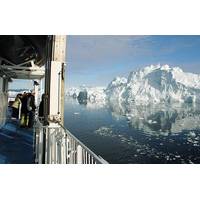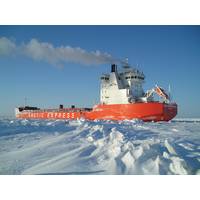Bunker Industry Welcomes MSC Move on Fuel Safety
The International Bunker Industry Association (IBIA) has welcome a decision by the International Maritime Organization (IMO)'s Maritime Safety Committee (MSC) to add a new item to its agenda to address concerns about fuel safety, separating the subject from discussions around the implementation of the…
Australia, Japan Enact Rules for Shipping Liquid Hydrogen
Australia and Japan signed a memorandum at the headquarters of the Australian Maritime Safety Authority (AMSA) in Canberra which will allow liquid hydrogen to be shipped in bulk for the first time. Ship containment systems are being developed in Japan that will be capable of safely transporting liquid…
Milestone in NZ's Drive for Ship-based Crane Safety
New Zealand is celebrating a significant victory at the International Maritime Organization in London. After more than eight years work, member states have agreed there is a need for an amendment to the Safety of Life at Sea (SOLAS) Convention covering onboard lifting appliances – cranes, loose gear and winches.
Increased Safety With Mandatory Weighing Of Containers
Last week, the IMO approved international regulations ensuring the weighing of containers before their carriage by sea. The provisions will increase safety, contribute to preventing accidents and prevent loss of containers over board. For several years, Denmark has worked to acquire better weight data about containers carried at sea.
Milestone for Enhanced Safety in Arctic Regions

United Nations’ International Maritime Organization (IMO) has just approved global binding regulations intending to enhance safety of navigation in polar areas. This means, inter alia, new requirements for passenger ships. Following several years of intense negotiations, the IMO Maritime Safety Committee…
Arctic Energy Exploration Efforts Heat Up

Oil and gas—and also mining—are the drivers today propelling Arctic maritime operations and the construction of new vessels able to operate in extreme latitudes. While the gas and oil resources can be recovered in the Arctic or far north and shipped to markets by sea or pipeline, the cost of doing must be balanced upon the global market price for those commodities.
